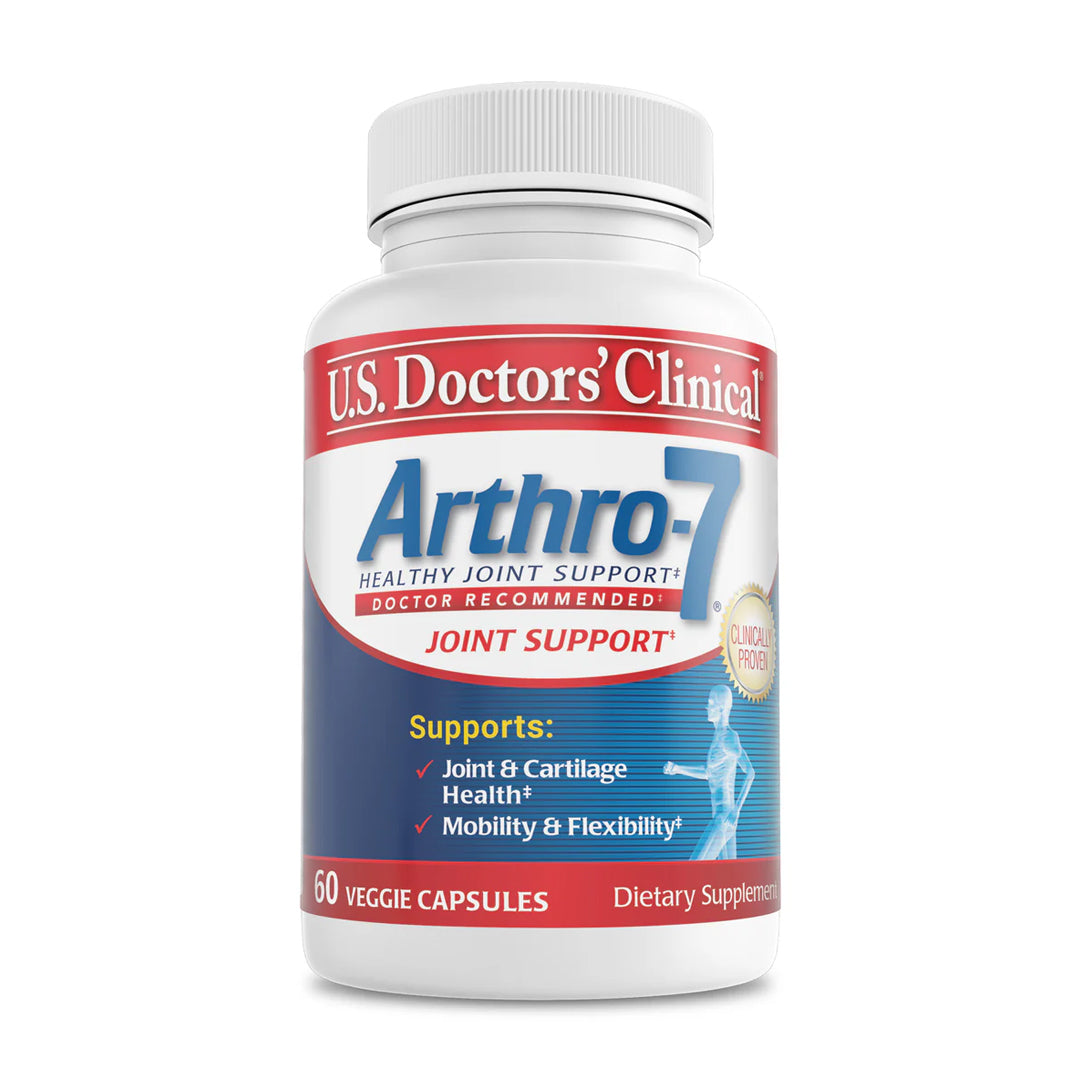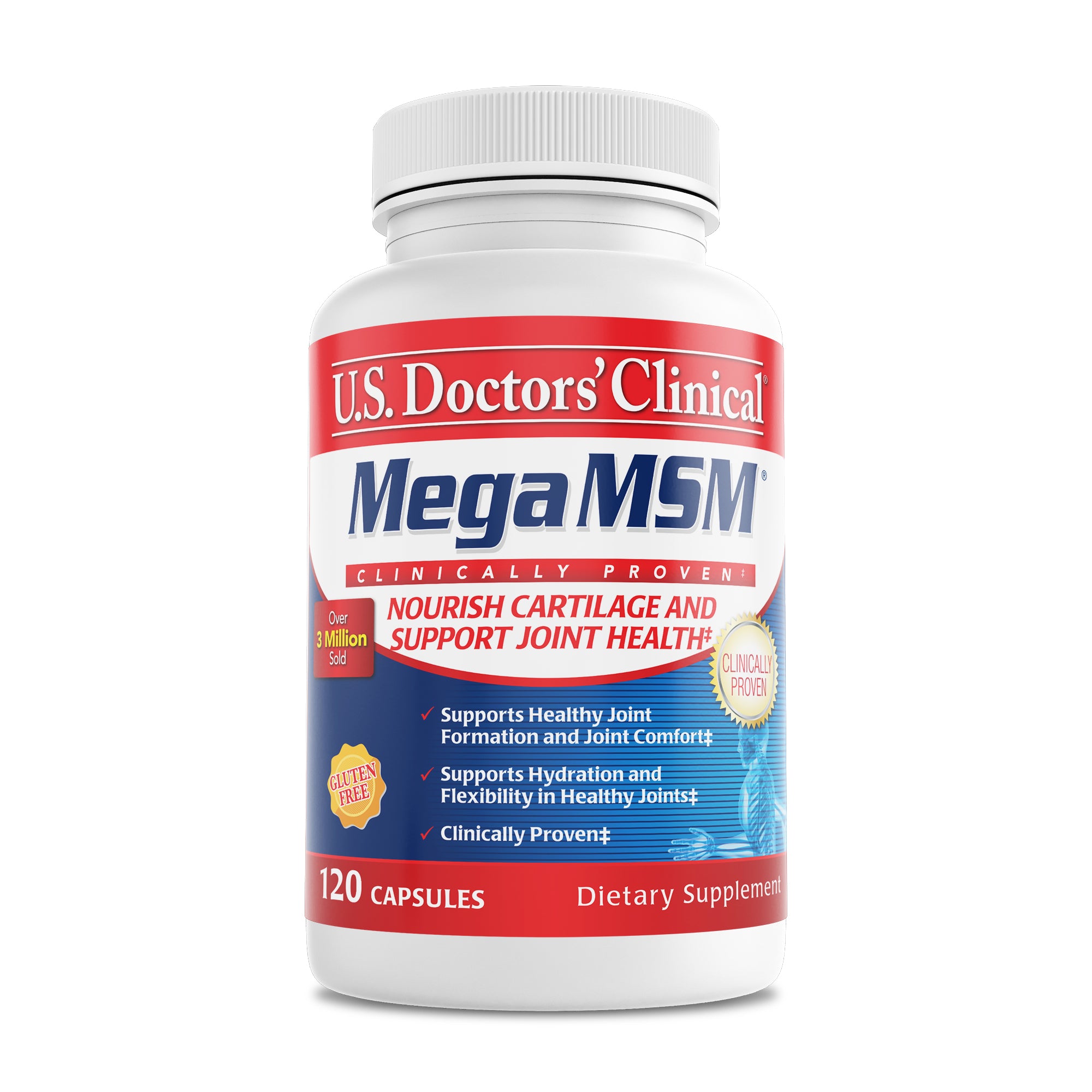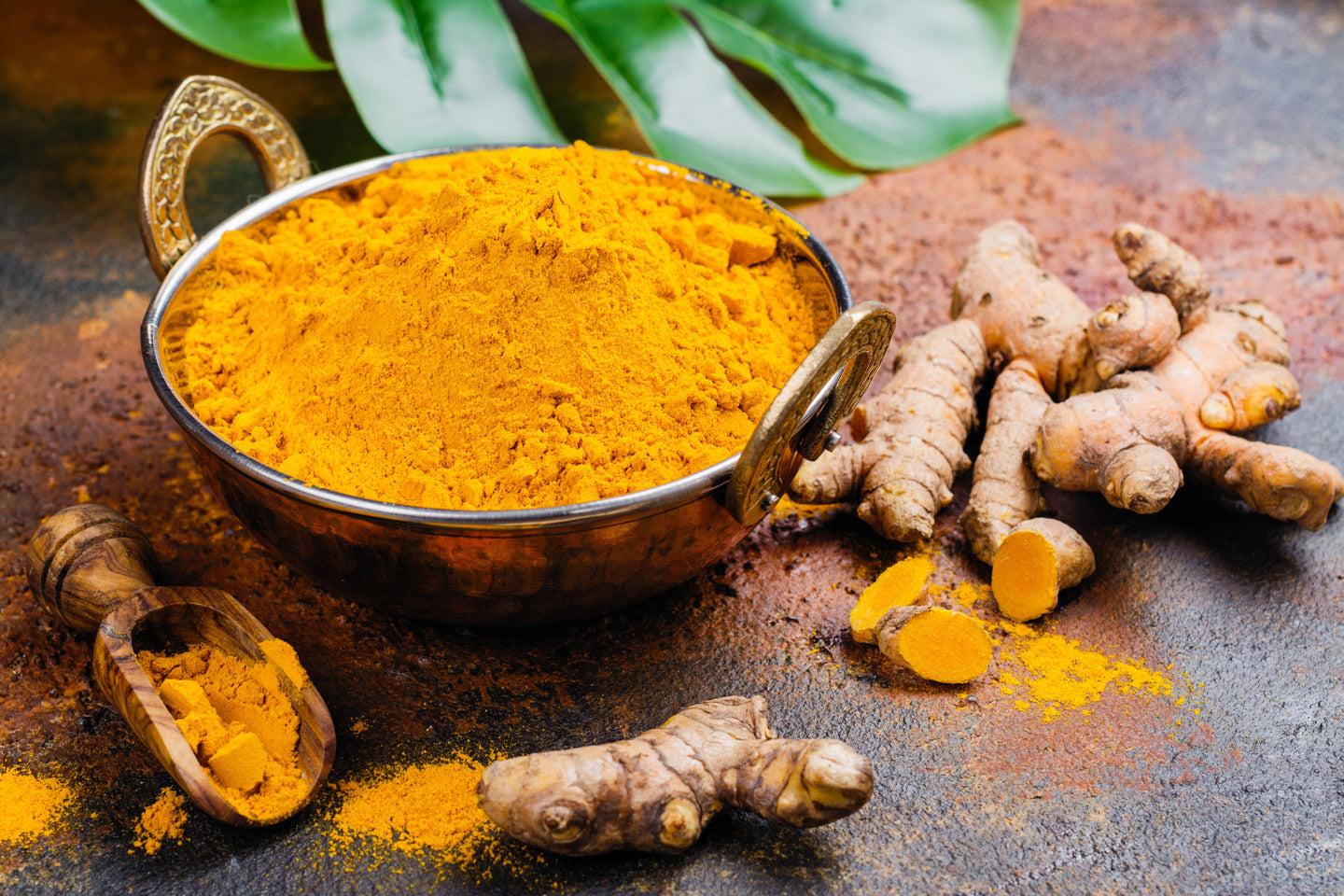Spice Up Your Nutrition with the Healthy Power of Turmeric

Adding spices to your food can enhance the flavor of any meal. However, many spices in the world also contain properties that can boost nutrition. One of these spices, turmeric, has not only been singled out for its intriguing flavor, but for its vast number of hidden health benefits.
Turmeric, or Curcuma longa, grows as a root and has a peppery, warm, bitter flavor. Belonging to the same family as ginger, its most popular use is adding spice to Indian curry. Growing predominately in Eastern India, this root is slowing making its way into the kitchens of the West. So what exactly can turmeric do for you, and how can you incorporate it into your weekly nutritional intake to reap its benefits?
Uncovering Turmeric’s Health Secrets
Long used in Eastern countries—both in Indian and Chinese cultures—turmeric possesses significant anti-inflammatory properties. For over 1,000 years, it has been safely used in a number of traditional medicines. In more recent times, clinical studies have isolated a prominent component of turmeric called curcumin. Curcumin is what gives turmeric its brilliant orange hue. It is also the active component that is responsible for many of turmeric’s health-boosting properties as curcumin behaves as an antibacterial and antioxidant agent. However, it is most commonly used for its anti-inflammatory benefits to joint discomfort and digestion.
Healthy Heart and Free Radical Protection
As a powerful antioxidant, curcumin in turmeric helps fight free radicals and prevents oxidative stress on your body. It has also been shown to help keep cholesterol in healthy ranges as it prevents the oxidation of LDL cholesterol. Oxidized LDL in your cardiovascular system can bring on inflammation in the arteries and may eventually increase the risk of heart concerns later on in life.
Turmeric itself is also a good source of vitamin B6, which helps prevent the formation of homeocysteine. Homeocysteine is an important amino acid, but excess levels of it in the body have been associated with increased heart health risks.
Getting Turmeric into Your Kitchen
Turmeric can be added as a spice to foods or taken as a supplement. Since it isn’t easily absorbed into the bloodstream, it is often recommended to be used in conjunction with black pepper. In addition to being a main component in creating curry spice, turmeric can be used as a flavor-enhancer for a variety of foods including vegetables, rice, sauces, etc. Turmeric supplements have become an increasingly popular way to receive the benefits of this ingredient without the spicy flavor, which some people may be unaccustomed to. There are even supplements containing just the active ingredient, curcumin.
If you are looking for a way to both spice up your meals and support good health, it’s time to take a closer look at the dynamic properties in turmeric.




